A Very Critical Examination of Games as a Service
The sense of ownership and control over the gaming experience is undermined in this arrangement because gamers are essentially renting the game.
Recent years have seen a massive increase in the popularity of games as a service (GaaS), which is revolutionizing the gaming market by providing continual content updates, multiplayer experiences, and a consistent revenue source. GaaS models are not without their advantages, but it is important to consider how they will affect gamers, game developers, and the industry as a whole. We examine the drawbacks of games as a service in this article, supported by observations from the market.
The loss of player ownership and consumer rights is one of the biggest drawbacks of GaaS. In the past, gamers bought physical or digital copies of games, allowing them to play and alter the game any way they wished. GaaS locks players into a service that can be canceled at any time, depriving them of access to paid-for content. The sense of ownership and control over the gaming experience is undermined in this arrangement because gamers are essentially renting the game.
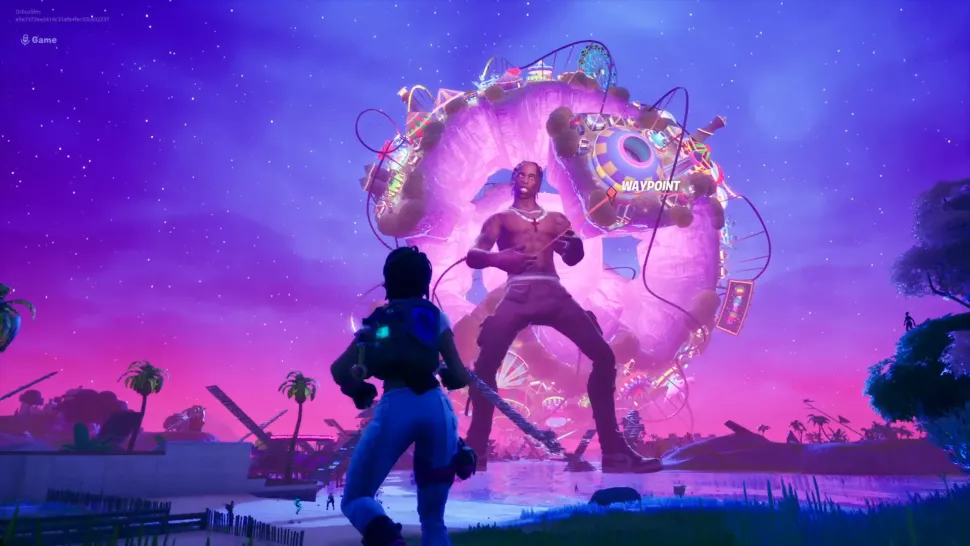
The overemphasis on monetization of games as a service frequently takes precedence over player enjoyment and gameplay. Instead of concentrating on developing engaging and immersive experiences, developers are encouraged to construct gameplay loops that promote continued purchasing. As a result, exploitative techniques like loot boxes, pay-to-win systems, and aggressive microtransactions may be used, which could reduce player satisfaction and foster a “pay-to-progress” mentality.
The growth of GaaS models has led to a dispersed gaming environment. Players now have to deal with a constant stream of updates and downloadable content (DLC) instead of buying a full game upon the original sale. While initially, this could appear to be advantageous, it might splinter the player base and throw off the game’s overall equilibrium. However, players who cannot afford to purchase extra content or decide not to do so may find themselves at a disadvantage or shut out of particular game features, creating a split and unequal player community.
GaaS adoption has changed the development scene, frequently favoring large studios with abundant resources. Smaller independent developers who depend on upfront sales to fund their projects encounter more difficulties in this cutthroat environment. Via GaaS models, the necessity to continuously produce income can hinder innovation by pressuring developers to prioritize financial viability over it. As a result, there may be fewer diverse games to choose from and fewer chances for novel and adventurous experiences.
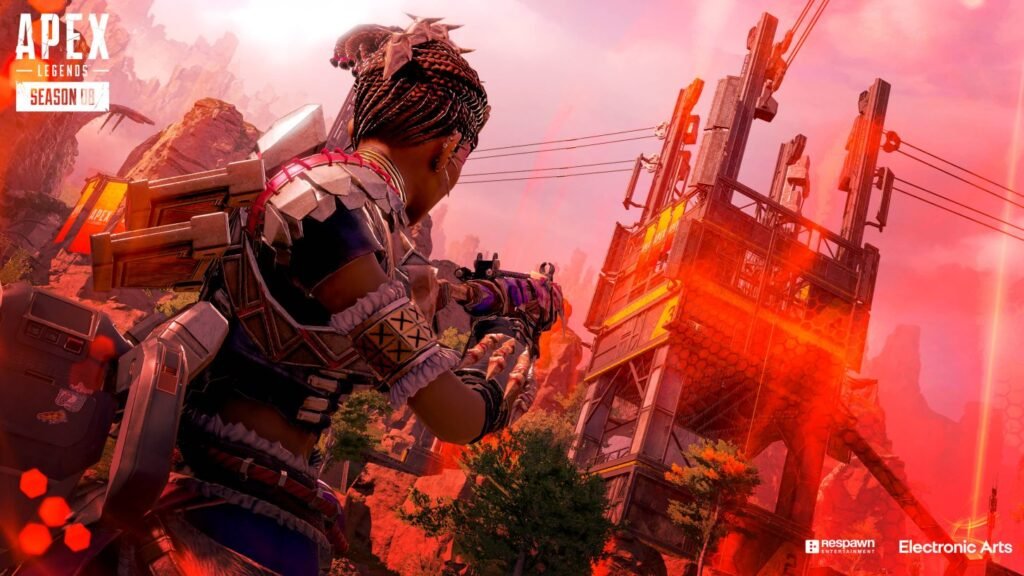
Due to their reliance on online access, GaaS models expose participants to server outages and other technical problems. Players lose access to the game when servers fall down, making their investment useless. This problem has been brought to light by a number of high-profile instances, which have disappointed and irritated players. Moreover, servers are sometimes shut down as older GaaS games lose their player bases, wiping the game from existence and removing any potential for future play.
Games as a Service has clearly injected innovation and ongoing content into the gaming business, but it is important to recognize and deal with its drawbacks. A critical analysis of this paradigm is necessary because of worries about internet dependency, the erosion of consumer rights, an excessive focus on monetization, fragmented gaming experiences, and chances for independent developers. To preserve the durability and sustainability of the gaming industry as a whole, developers, and publishers must carefully balance user delight and revenue.
Got a news tip or want to contact us directly? Email hello@robotsoverdinosaurs.net
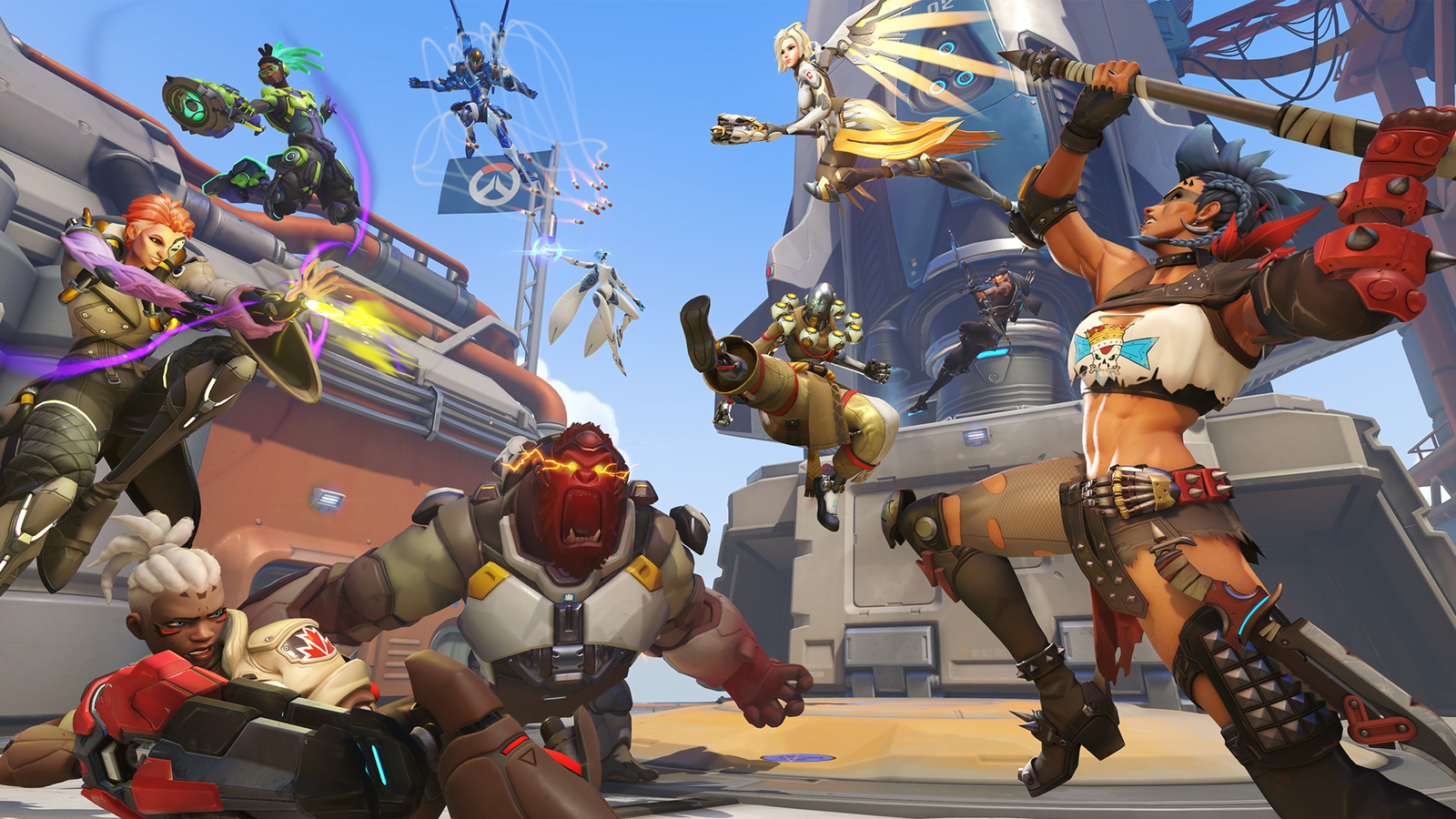
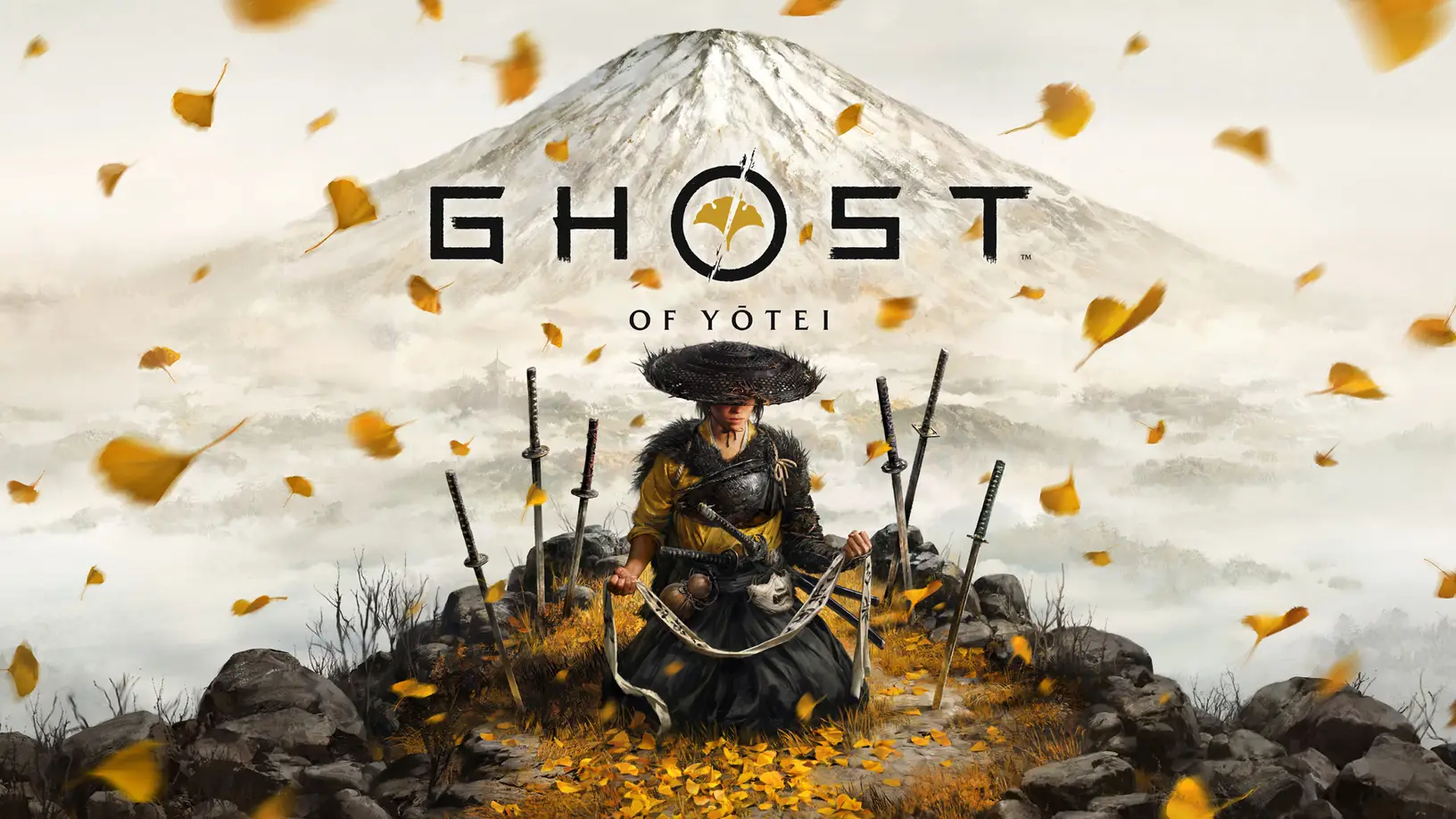
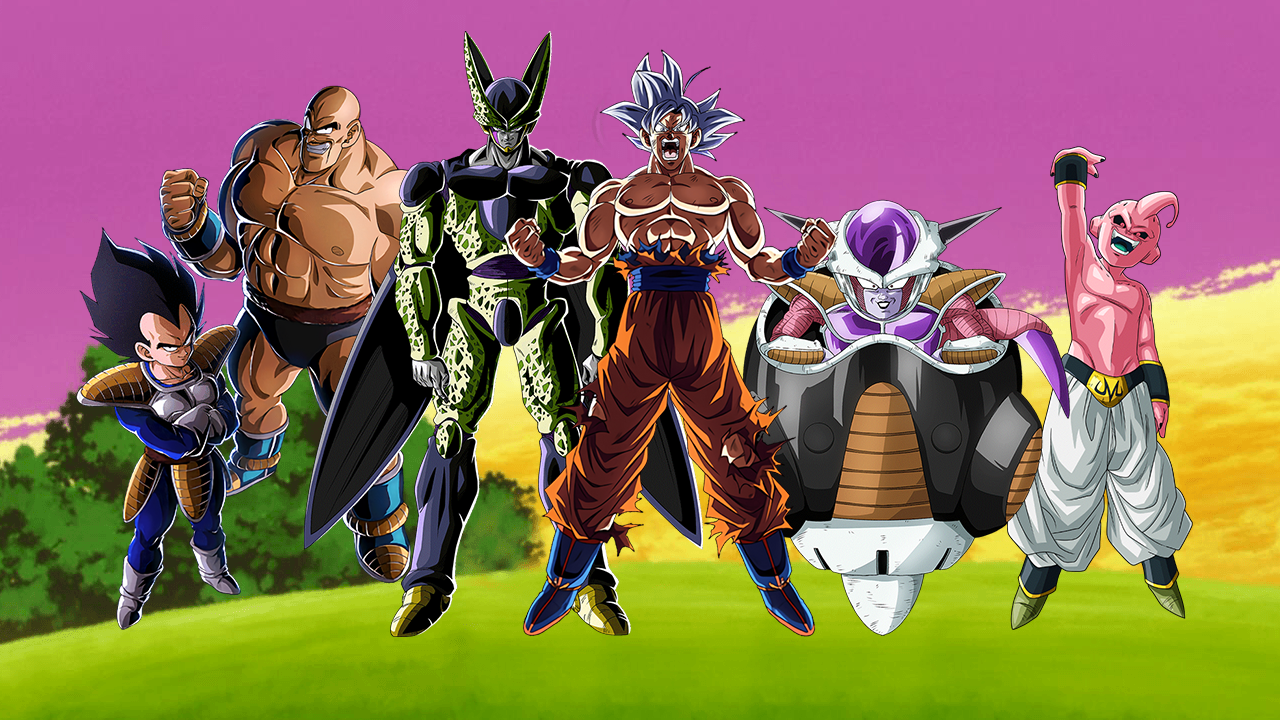








Post Comment